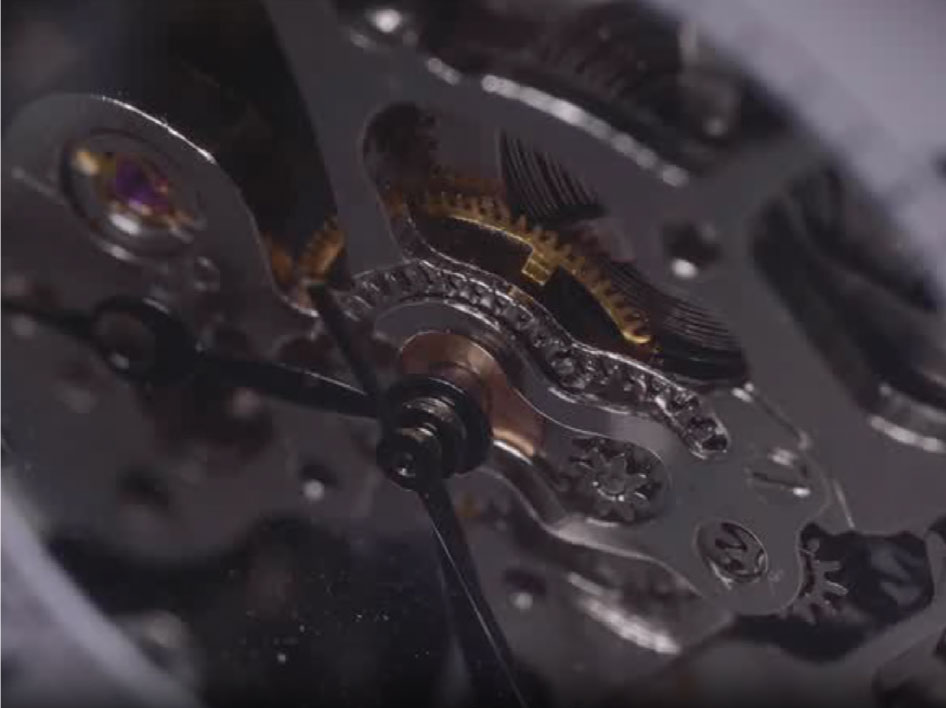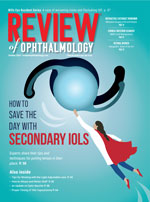 |
Lest you worry that I take everything too seriously, I do enjoy the occasional TV show. Can we still call them “TV shows” if the TV is nothing more than a monitor for other media? Showing my age again. And one of the few shows I can tolerate is “The Big Bang Theory,” and its prequel “Young Sheldon,” the story of an annoying, but inadvertently funny, boy genius. It’s funny in part because he grows up in a religious family while trying to live the scientific life. Sheldon doesn’t believe in God, much to the distress of his mother. In a recent episode, his mother is distraught about her pending divorce and has given up on the concept of God. Sheldon, trying to console her, points out that the scientific underpinning of our universe is so fantastically precise that it couldn’t be an accident, that there had to be a guiding force or we wouldn’t exist at all. He was referencing the ‘fine-tuned universe’ concept. If you’re not familiar with this, sit down. It’s pretty mind-blowing.
The physical universe is based on a number of scientific constants: Charge on an electron, force of gravity, etc. If any, and I mean any, of these were to be even the smallest amount different our universe would not exist. Or as Stephen Hawking put it: “The universe and the laws of physics seem to have been specifically designed for us. If any one of about 40 physical qualities had more than slightly different values, life as we know it could not exist: Either atoms would not be stable, or they wouldn’t combine into molecules, or the stars wouldn’t form heavier elements, or the universe would collapse before life could develop, and so on ...” And since humans are so anthropomorphic, much writing on this subject focuses on the chances of life not existing. But really it’s much bigger than that: Reality wouldn’t exist. There would be no physical universe. For me that concept is far more disturbing than whether there would be humans running around. There’s room in this theory for an almost optimized set of variables where life is more than possible, it’s probable. But that’s threading the needle given it’s more likely than not nothing is possible.
So how did this happen? Is there a deity who saw to it that everything was perfectly adjusted so that reality happened and life happened? How could something like this, so insanely precisely necessary occur on its own? Were or are there other realities where some of the parameters were “close but no cigar”? Hence, the theory of the multiverse: Imperfectly formed realities other than our own. It’s pretty presumptuous to believe ours is perfect. It’s perfect for us, but that’s all we can say.
I’m pretty much an atheist, maybe agnostic at times, having become too disillusioned to think there’s an overarching benevolent force out there. However, it’s tough to imagine that a set of physical properties just spontaneously appeared, all exactly perfect for a stable and life-friendly reality to come into existence.
Talk about long odds.
We exist on a knife’s edge of the possible. Through the grace of God or chance, forces so minute must be what they must be. It’s in conflict with how most of us live our lives. We allow for tolerances, for variability, for wiggle room. Turns out in the very big and very small pictures there isn’t any. To go back to Stephen Hawking, “So long as the universe had a beginning, we could suppose it had a creator. But if the universe is really self-contained, having no boundary or edge, it would have neither beginning nor end, it would simply be. What place, then, for a creator?” No matter how you approach this, it’s a wonder to contemplate that we were so fortunate. Just wish I knew who to thank … .
Dr. Blecher is an attending surgeon at Wills Eye Hospital.




